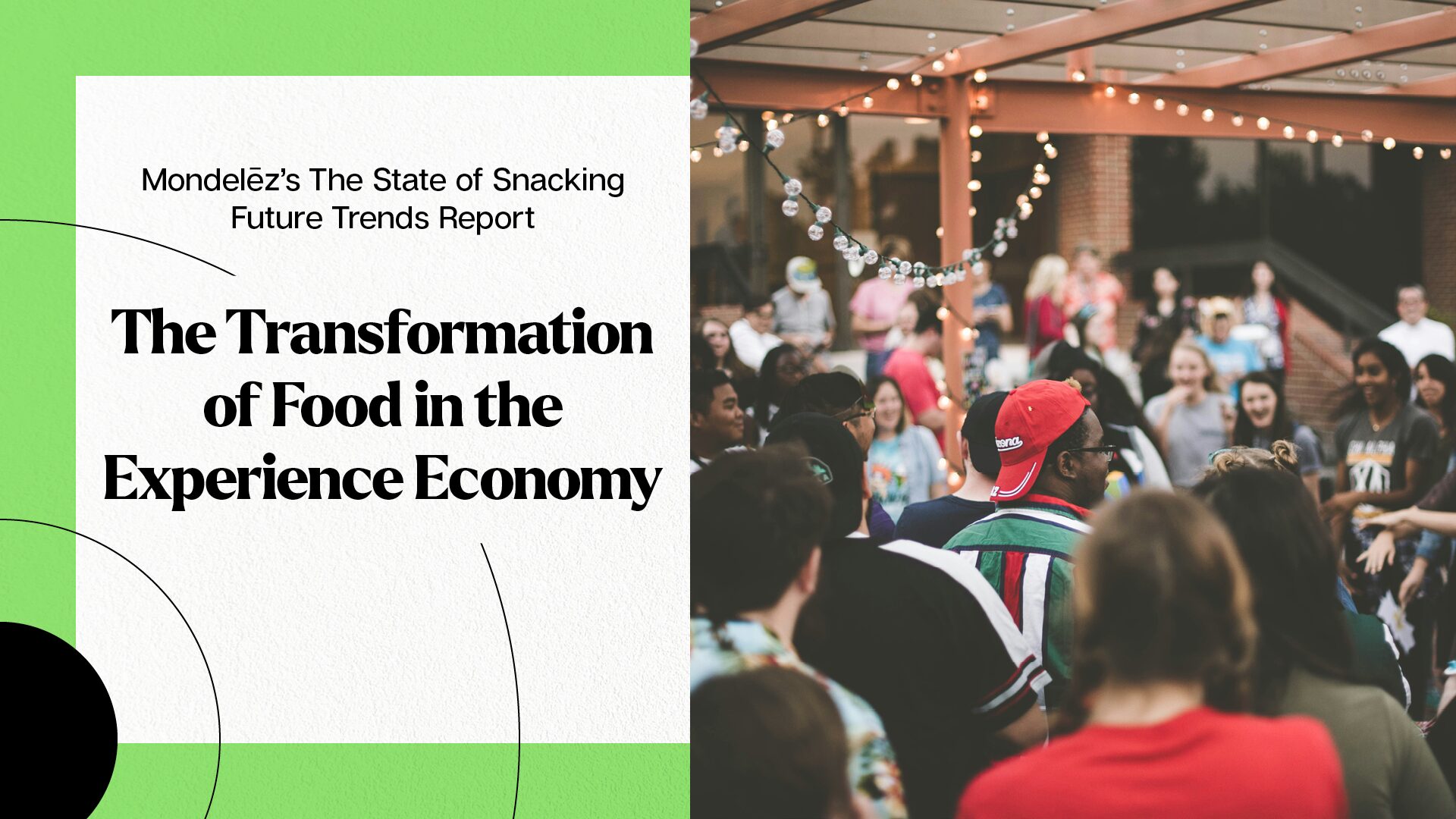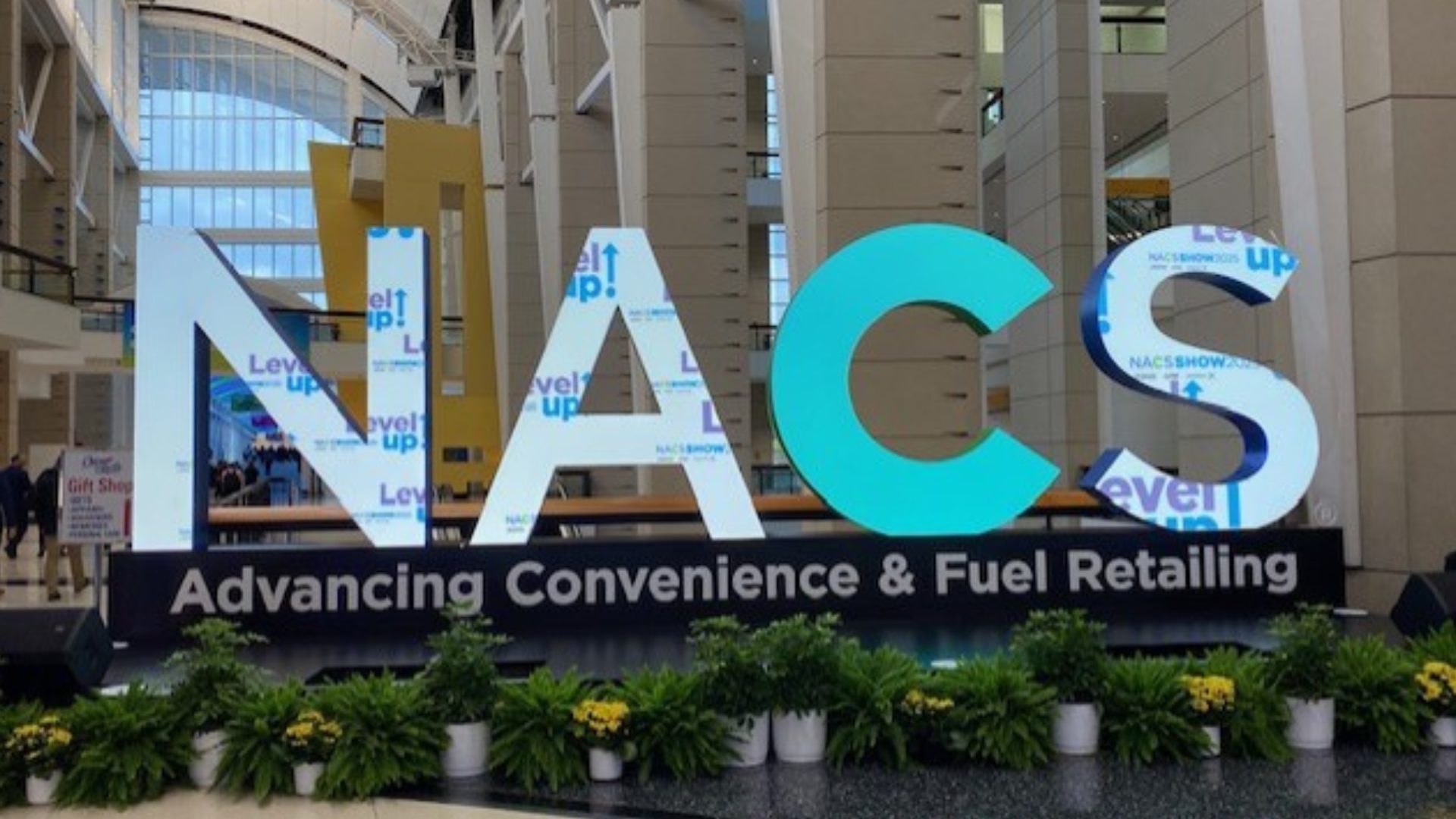Many consumers are less concerned about material possessions and are instead turning toward experiences for fulfillment, sparking a resurgence of the so-called “experience economy,” which is also evident in food and snacking choices.
In the years ahead, it’ll be important for businesses within the food and snacking sector to help create memorable moments and interactions for consumers.
Food is largely viewed as an accessible means for people to enjoy sensorial experiences. Approximately 53% of global consumers now see experiences as essential to their personal lives, especially since the pandemic. This trend is most apparent among younger generations.
This shift has seen food evolve into a medium for cultural expression and social sharing. Sixty-three percent of people are eager to try new culinary adventures – a key finding in Mondelēz International’s recent State of Snacking: Future Trends report. The digital age, with its endless culinary shows and social media platforms, has only increased this trend. The visual appeal of food has never been more critical, pushing the demand for innovative textures and flavors.
Other key stats from the State of Snacking report include:
Premium Items Spark Interest
Artisanal foods are gaining traction, especially among the global middle class and mature consumers who are willing to pay more for products that promote health, wellness, and sustainability. Known for their uniqueness and craftsmanship, artisanal foods can be found in many specialty restaurants, pop-ups, retail and club stores, airports, festivals, and more.
Social media and changing social dynamics further fuel interest in such items, making premium foods a symbol of aspirational lifestyles. About 56% of consumers are inclined to purchase premium artisanal snacks for special occasions, highlighting how food can help celebrate life’s joyful moments.
Brand Storytelling is Imperative
The art of storytelling has become a pivotal element in connecting with consumers. Approximately 43% of consumers are drawn to brands that support causes they care about, emphasizing the need for authenticity.
The future of storytelling in the food industry is set to become more interactive and immersive thanks to advancements in technology like augmented reality, which boasts the potential to create unforgettable shopping journeys.
Escapism Intrigues Consumers
Modern consumers often seek comfort in an increasingly complex world. Food can be a powerful tool in that regard. In that spirit, shoppers are gravitating toward nostalgic items, some of which blend familiar elements from the past with new breakthroughs in the present to create treasured experiences.
Ultimately, it appears that the desire for memorable, immersive experiences will influence the food industry for years to come.
The Food Institute Podcast
From lattes to chicken sandwiches to desserts, it seems every restaurant is hopping on the limited-time offer (LTO) craze to drive traffic and check growth. But is this really having the desired effect? Datassential vice president of sales Megan Lynberg discusses the historical data on LTOs, popular LTO items, and other strategies companies are using to inspire growth.












